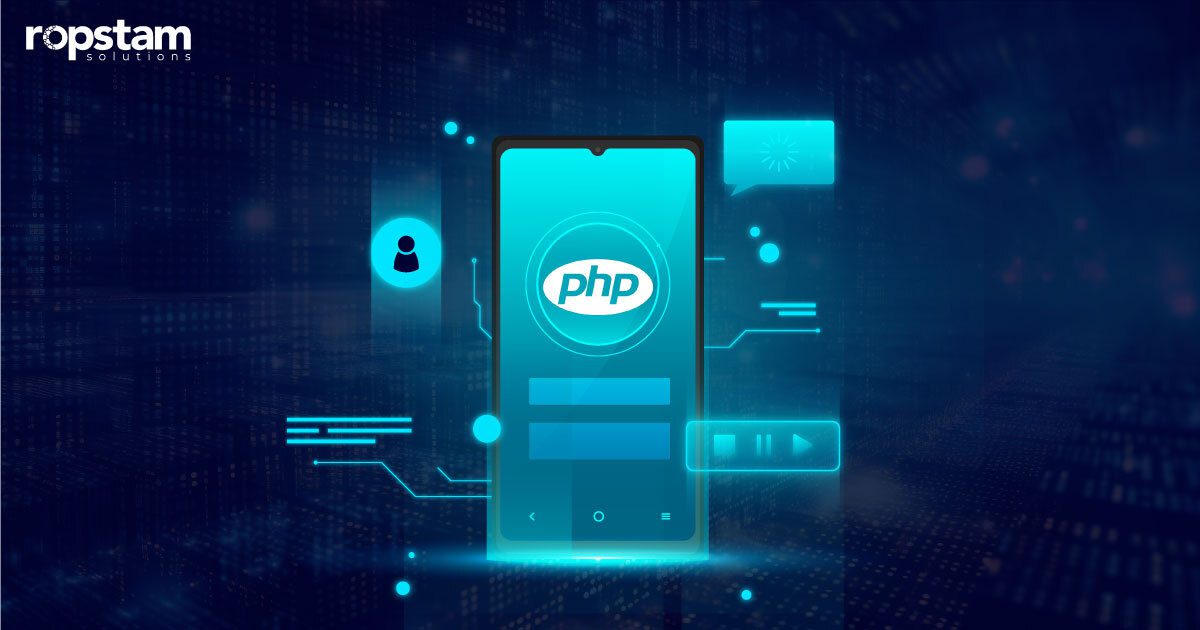Pulse of Information
Your source for the latest insights and updates.
PHP Development: Where Code Meets Coffee
Discover the perfect blend of PHP development and coffee culture. Fuel your coding journey with tips, tricks, and caffeine-fueled inspiration!
Getting Started with PHP: A Beginner's Guide to Building Dynamic Websites
PHP (Hypertext Preprocessor) is a powerful scripting language designed for web development, enabling you to create dynamic content that enhances user experience. To get started with PHP, you'll need a local development environment. This can be easily set up using tools like XAMPP or MAMP, which provide all the necessary components, including a server and database. Once your environment is ready, you can begin writing your first PHP script. Simply create a new file with the .php extension, and start by embedding PHP code within HTML using the <?php ?> tags.
As you dive deeper into learning PHP, it's important to understand core concepts such as variables, data types, and control structures. Building dynamic websites involves using PHP to handle user input and interact with databases. For beginners, focusing on essential programming structures like if statements, loops, and functions will lay a solid foundation. Additionally, consider exploring popular frameworks such as Laravel or CodeIgniter, which can streamline your development process by providing ready-made templates and libraries.

10 Common PHP Mistakes to Avoid for Effective Development
When developing with PHP, avoiding common pitfalls is crucial for achieving effective and efficient programming. One of the most prevalent mistakes is failing to validate user input. Not validating inputs can lead to security vulnerabilities, such as SQL injection or cross-site scripting. It's essential to implement proper validation and sanitation techniques to ensure that user data is both safe and valid. Another frequent error is neglecting error handling. Developers often overlook the importance of systematic error handling, which can make it challenging to debug issues and maintain code quality. Utilizing PHP's built-in error handling methods, such as try-catch blocks, can significantly enhance the reliability of your applications.
In addition to input validation and error handling, many developers make mistakes surrounding code organization. Poor organization can lead to a tangled mess of code that is difficult to read and maintain. Leveraging the MVC (Model-View-Controller) design pattern can help you structure your application more effectively, making it easier to manage and scale. Furthermore, another common mistake is overusing globals. Global variables can create hidden dependencies that make your code fragile and hard to debug. Instead, consider using dependency injection or passing parameters to functions to keep your code modular and maintainable.
How to Choose the Right PHP Framework for Your Project
Choosing the right PHP framework for your project requires careful consideration of several key factors. First, assess the specific needs of your application. For instance, if you're developing a large-scale enterprise application, you might want to consider frameworks like Laravel or Symfony that offer robust features and scalability. Conversely, for smaller projects or prototypes, lightweight frameworks such as Codelgniter or Slim could be more suitable due to their simplicity and ease of use.
Next, evaluate the community support and documentation available for the framework. A framework with a strong community can provide invaluable resources, such as forums, tutorials, and third-party packages that can significantly speed up your development process. Furthermore, ensure that the framework has comprehensive documentation to help you navigate challenges effectively. In summary, focusing on your project requirements and the available support will lead you to the right PHP framework that meets your needs.